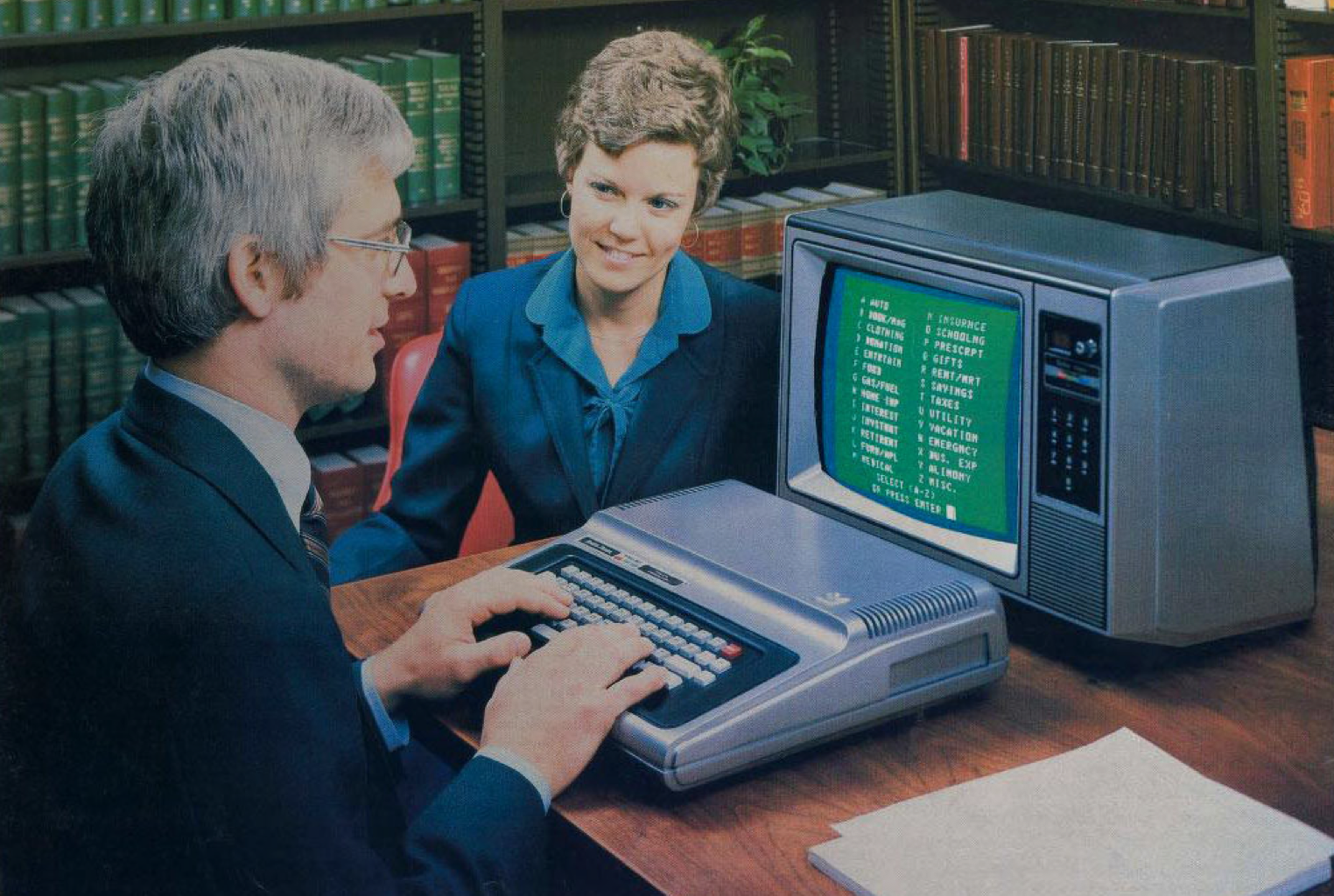Toxic Nostalgia and the Tools We Choose
Gatekeeping disguised as tradition is holding creative communities back.
There’s a growing wave of bitterness online. You’ll find it under videos of young DJs using sync buttons, in forums for tattoo artists grumbling about iPad stencils, and in threads where developers rage against AI code suggestions. It’s an older, often male voice, loudly insisting: “You haven’t earned it.”
It’s easy to dismiss this as jealousy or bitterness—but that’s not the whole story.
Is there truth behind the tantrum?
Yes—some. Foundational skills matter. If you rely entirely on automation—whether it’s AI writing your code or Traktor matching your beats—you’ll eventually get caught out. Grimes found this out the hard way when her live set fell apart because she didn’t understand how to recover from a sync misfire. If she’d learned to beatmatch, it wouldn’t have been a showstopper.
And anyone who’s worked with AI knows: it’s not a replacement for knowledge. It’s a relief, not a crutch. Lean on it too hard, and your work gets hollow fast.
But then comes the gatekeeping
There’s a difference between advocating for strong fundamentals and attacking anyone who didn’t take the same path you did. That’s where empathy curdles into something toxic.
“You’re not a real DJ if you use sync.”
“Design isn’t real if you used Canva.”
This is pride dressed as principle. And it often comes from people who are no longer doing the work themselves. The loudest critics tend to be bedroom purists, not working professionals.
Meanwhile, the actual professionals? They’re using every tool available. Because when you’re doing the job for real, speed, reliability and focus matter more than purity.
Why the old guard lashes out
Like the original Luddites—who weren’t anti-tech but anti-deskilling—many of these critics feel displaced, obsolete, or undervalued. There’s genuine pain in being passed by, especially when you’ve spent decades building a craft.
But rather than mentoring, many retreat into superiority. They turn tradition into a purity test, and younger creatives into enemies. It’s a kind of grief, expressed as control.
And like road rage, online gatekeeping is risk-free
Social platforms flatten the playing field. An older creative can attack a teenager with millions of followers and feel like they’re reclaiming status. There’s no real-world consequence—just a few likes and a brief illusion of relevance.
But it doesn’t fix the underlying problem. In fact, it pushes the next generation further away from learning the fundamentals they’re so desperate to defend.
The path forward: learn, share, evolve
The best creatives always use the tools of the moment. They know when to trust them, and when to override them. They remember the hard-won lessons—and they teach, rather than gatekeep.
Mastery means knowing the old ways and the new, not demanding everyone suffer through the same path.
Hire Me
If your team is wrestling with how to bring new tools—like AI or automation—into a practice grounded in experience and quality, I offer consultancy to help you evolve without losing your edge.
Let's talk.

